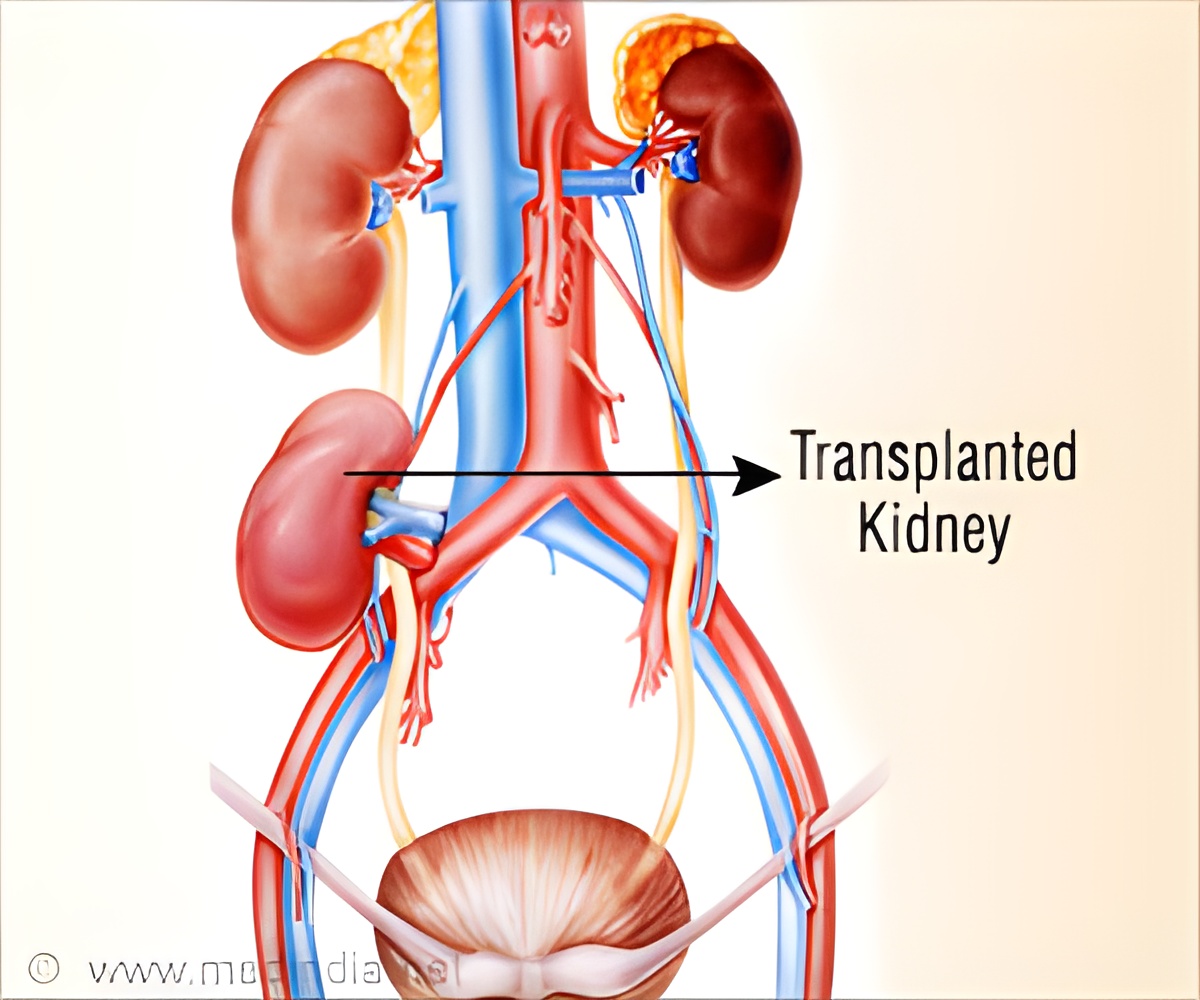
‘Due to the impact of gender-specific hormones, women may experience decreased kidney damage from ischemia reperfusion injury after a kidney transplant compared to men.
’
Tweet it Now
To study these effects, researchers transplanted kidneys from male-to-male, male-to-female, female-to-female, and female-to-male mice and assessed whether the change in hormonal environment changed the tolerance of an IRI event. They found that females experienced less renal IRI, even with a kidney from a male donor. The renal function was assessed by blood urea nitrogen (BUN), a blood test used to measure kidney function, and later the kidneys were examined for the formation of fibrosis - evidence of long-lasting damage. Importantly, females treated with estrogen had even better tolerance of IRI than untreated female mice. "What's interesting is that when a male kidney was transplanted into a female recipient, the organ eventually reacted based on the recipient's gender, and the reverse was also true," said Matthew Levine, MD, PhD, an associate professor of Transplant Surgery and principal investigator of the study. "This indicates that the kidney's ischemia tolerance reflects its hormonal environment and indicates that hormonal treatment can have a positive effect. Males did not respond to estrogen treatment favorably, likely due to the negative impact of testosterone, but neutered male mice - with a lack of testosterone - did see beneficial effects with estrogen treatment."
Levine and his team also analyzed the effects of gender on human transplantation using data collected by the United Organ Sharing Network (UNOS). Evaluating kidney recipients from 1997 to 2011, researchers examined delayed draft function within the first week after transplantation in both male and female patients. The occurrence of IRI in these patients supported the earlier finding that female recipients experienced less delayed graft function, and that this effect was not explained by differences in the body size of the recipients.
"The findings from the mouse models illustrating that estrogen leads to a lower occurrence of ischemia reperfusion injury was supported by national human kidney transplant data comprised of nearly 47,000 transplant recipients," said David Aufhauser, MD, a fourth-year general surgery resident, research fellow, and a co-author of the study. "As this is the first study to our knowledge to evaluate gender effects on IRI in kidney transplantation, this data justifies further investigation into using hormones to improve kidney function after ischemia."
The data show that gender significantly affects renal IRI tolerance in mice and humans. "While our primary interest is in transplantation, there is potential for these findings to impact the treatment of patients in other areas, such as heart and vascular surgery and trauma," said Levine. "While more research is definitely needed, these initial results imply a potential for therapeutic intervention with estrogen to improve ischemia tolerance, at least in female patients."
Advertisement













